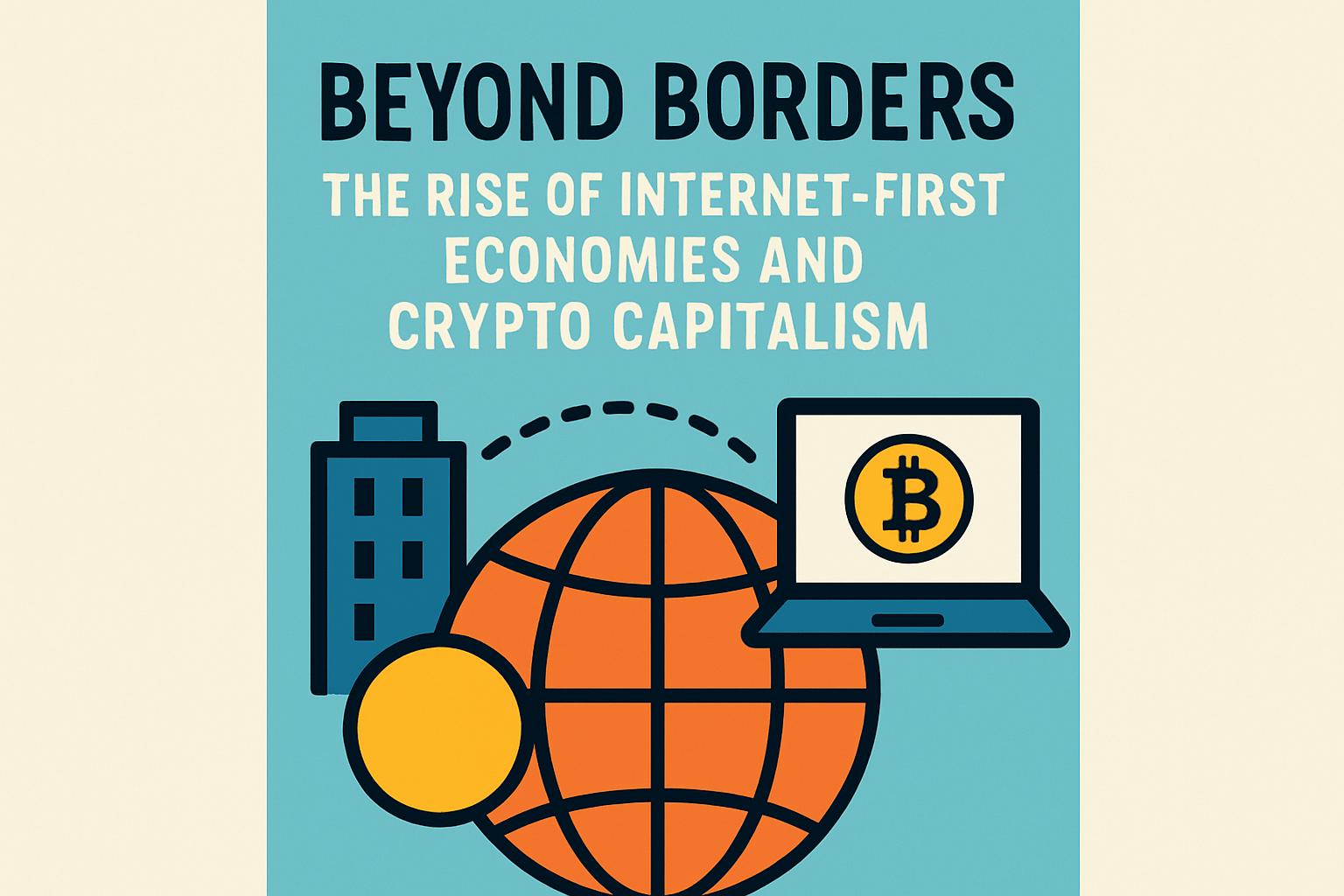In recent years, the tectonic plates of global economics have shifted dramatically, casting a spotlight on multinational technology giants and cryptocurrencies as potential contenders for the world’s dominant economic structures. As traditional economies wane, an “Internet-First” era beckons, heralded by tech luminary Balaji Srinivasan and others.
The Decline of Traditional Economies: Tech Titans Ascend
Srinivasan posits that since the 2008 financial crisis, a seismic shift has moved transactions and communications online, leading to the emergence of the Internet-First economy. He envisions a future where digital platforms supersede traditional economic systems, similar to the transition from an agrarian to an industrial society.
This vision is bolstered by the explosive growth of the so-called “Magnificent 7″—tech giants dominating the U.S. stock market. A graph circulated by Srinivasan vividly underscores their disproportionate market influence compared to other companies within the S&P 500 index.
From Web3.0 to Capitalism 2.0: Redefining Economic Constructs
While Web3.0 has been a buzzword, the concept transcends to what some call Capitalism 2.0, as put forth by 0xMert, founder of Helius. Cryptocurrency enables decentralized information flow, frictionless capital movement, and secure property rights via smart contracts, promoting transparency and efficiency.
As a result, cryptocurrency underpins what could become the foundational currency of a decentralized new world order.
Can Corporations Eclipse Governments in Governance?
The speculative yet tantalizing scenario portrayed in the newly released series “Alien: Earth” mirrors growing theories that corporate behemoths might one day wield governmental authority. These tech firms are shown managing resources and maintain societal order, echoing the philosophies of accelerationism championed by figures like Peter Thiel.
“Alien: Earth” extrapolates current technological trends to a logical endpoint, suggesting that capitalist futures could see corporations at the helm, should governments continue to falter in efficiency.
Tying into this narrative is the concentrated power of the Magnificent 7 in AI, cloud computing, and more—inviting speculation on whether these companies might govern in tandem with or replacement of traditional state mechanisms.
The Future Unveiled: Where Do We Go from Here?
As we stand at the confluence of reality and the as-yet fictional depiction of our future, one question looms large: In an era where technological evolution outpaces bureaucratic sluggishness, who will hold the reins of global governance?
These contemplations build the premise of the broader discussion initially shared on ABMedia, probing into the far-reaching implications as companies potentially reshape the global economic landscape, transforming from business entities into sovereign digital nations.

![[News] Bitcoin at a Turning Point? 10x Research Signals a Bullish Macro Shift Ahead](https://cryptoexplores.com/wp-content/uploads/2025/06/new20250616.jpg)
![[News] Binance Lists $HOME, the Gas-Free, Bridge-Free All-in-One DeFi App](https://cryptoexplores.com/wp-content/uploads/2025/06/news20250617.jpg)